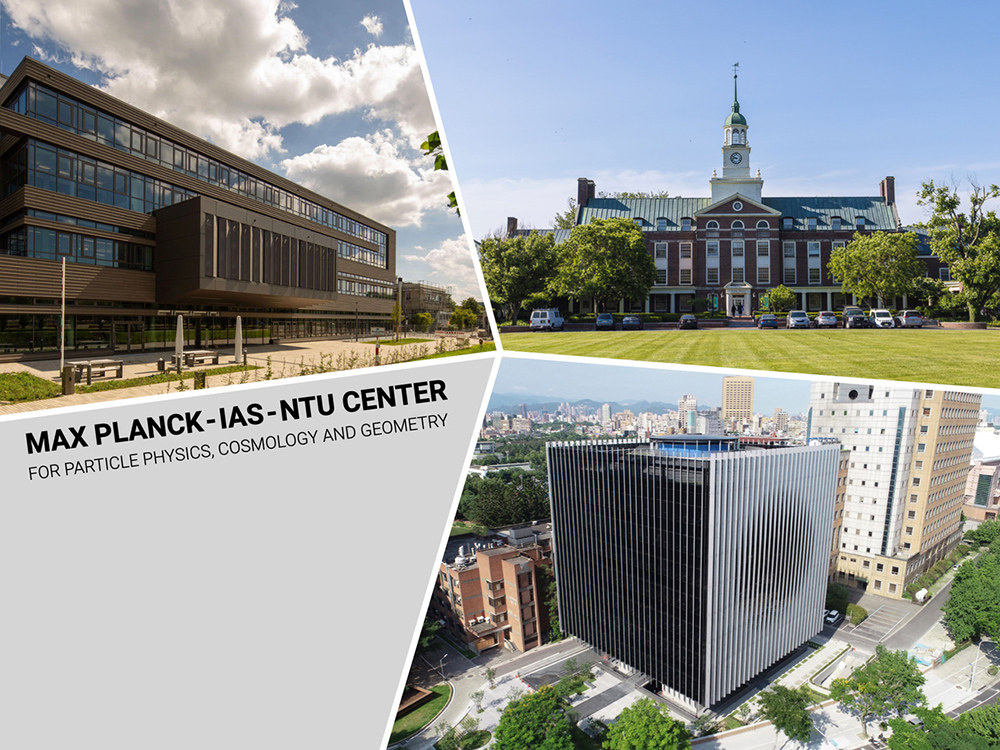
A Distinguished Global Research Center Established at NTU under Trilateral Cooperation
瀏覽器版本過舊,或未開啟 javascript
請更新瀏覽器或啟用 javascript
Spotlights
Professor Fang-Jen Lee’s Research Reveals the Mechanism of Fibronectin-Induced Small GTPase Stability and Promotes Cell Migration.
The research team of Prof. Fang-Jen Lee from the Institute of Molecular Medicine recently published an innovative paper, finding for the first time that fibronectin can trigger small GTPase Arl4A/D proteins stability and enhance cell migration. The discovery sheds light on the molecular mechanism by which fibronectin guides cell migration or induces the spread of cancer cells. The paper was published in the Proceedings of the National Academy of Sciences, an authoritative international journal in the field of science, on July 20, 2022.
Cell migration requires the tight coordination of molecules inside and outside the cell and is indispensable at every stage of the process of individual development from a single cell to an adult organism. Fibronectin is an important member of the extracellular matrix, which can guide the adhesion of other extracellular matrices and the migration of cancer cells under pathological conditions. Cells attached to fibronectin will induce intracellular signals, and Pak1 kinase activation is an important indicator. Numerous studies have shown that abnormal proliferation of Pak1 gene is highly oncogenic and associated with Parkinson's disease. Previously Lee’s lab also reported that feedback regulation between Arl4A and Pak1 activates Pak1 and promotes cell migration. Therefore, studying how extracellular signals regulate the operation of these molecules will provide a more comprehensive understanding of cancer cell migration mechanisms.
Professor Lee's long-standing research interest is to elucidate the mechanism of Arl4 small GTPases signaling involved in cancer development. This study demonstrates that fibronectin induces Pak1-dependent phosphorylation of Arl4A/D and which enables the chaperone protein HYPK to bind these small GTPases. The resulting complex prevents the proteasomal degradation of Arl4A/D and promotes their targeting to the plasma membrane for cell motility. This study will provide a new research direction for the control of Pak1 kinase and small GTPase-induced cancer cell migration and related clinical diseases.
The most important contributor of this research is a Ph.D. student Lin Ming-Chieh, and the project is supported by the National Health Research Institutes and the Ministry of Education.
Thia paper was published in Proceedings of the National Academy of Sciences on July 20, 2022: https://doi.org/10.1073/pnas.2207414119

A Distinguished Global Research Center Established at NTU under Trilateral Cooperation
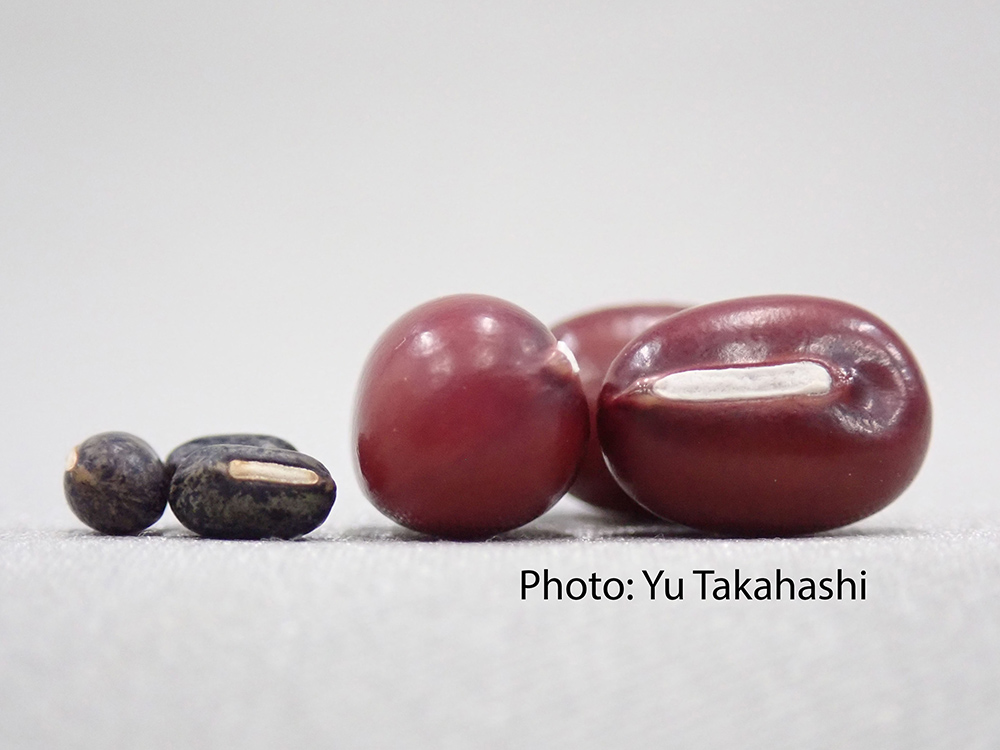
Collaborative study between NTU and Japan uncovers the origin of Adzuki Beans and agriculture in Japan
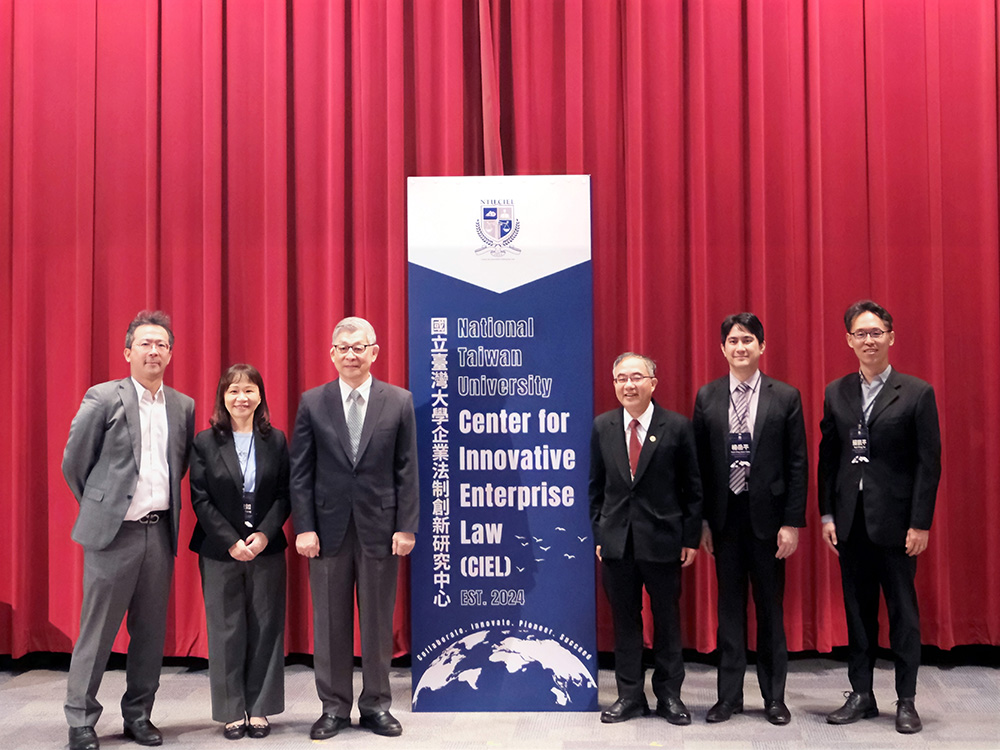
NTU Launches Center for Innovation in Enterprise Law—with Forum Highlighting Trump’s Policy and Legal Shifts Amid Geopolitical Tensions
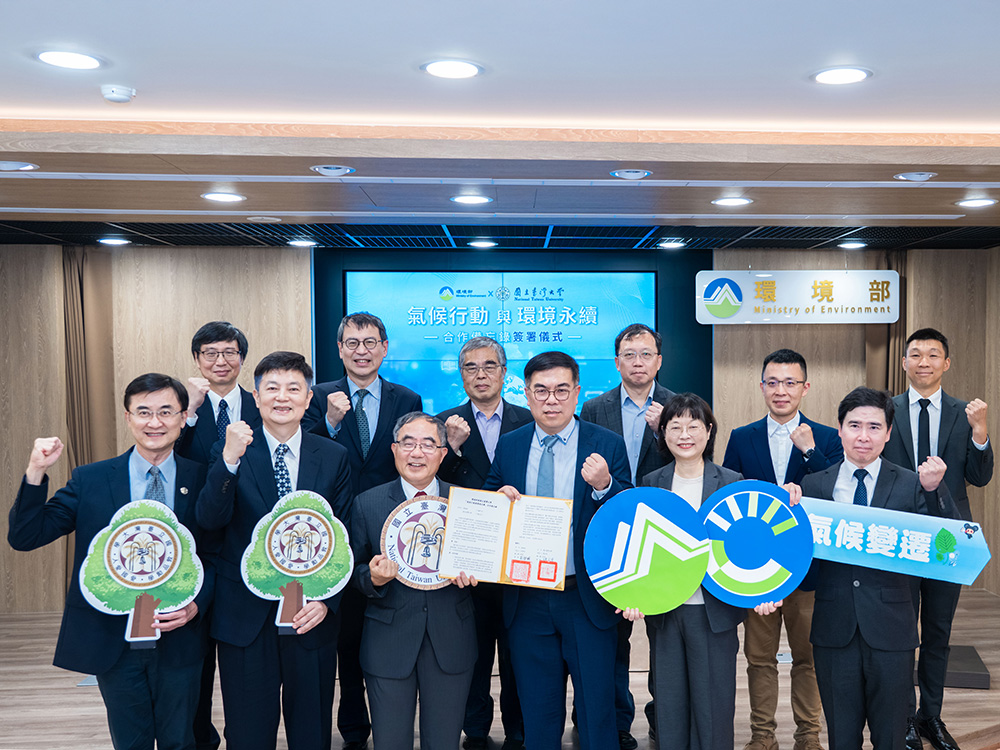
NTU and Ministry of Environment Sign MOU to Advance Net-Zero Transition and Environmental Resilience
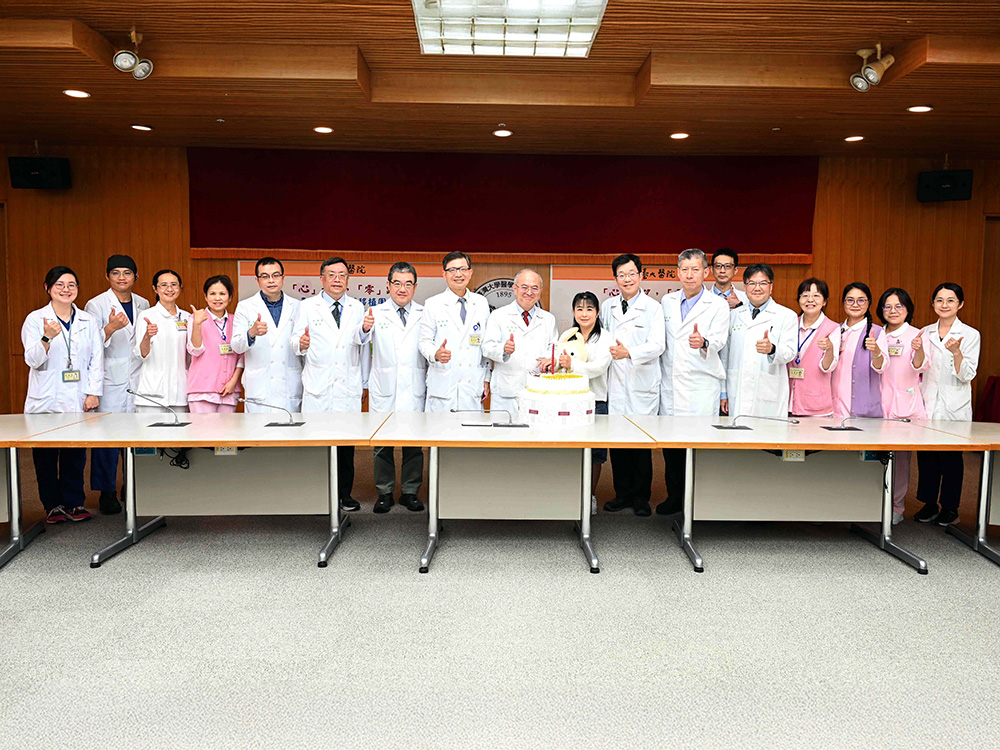
NTU Hospital’s Cardiac Transplant Team Pioneers Beating Heart Transplant with Zero Ischemic Time
Current Spotlights